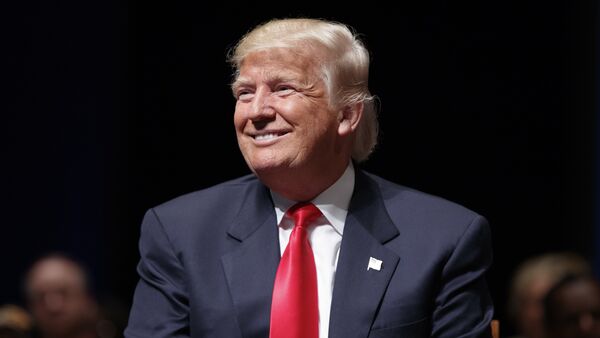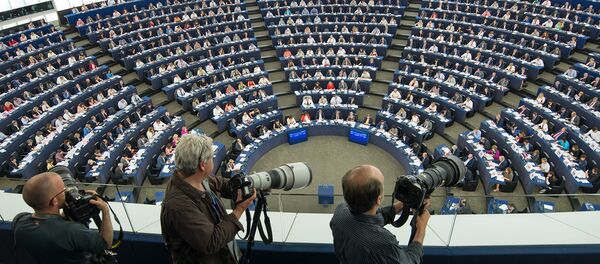"If there was no such panic that occurs after a change of the master, who will apparently behave in a different way, I mean after the US elections, I would maybe accept the idea that they are really against someone who is telling the truth, and, according to their logic, becomes the center of propaganda. But the truth is not propaganda, with a few exceptions," Kusturica said.
The EU parliament's resolution said that Sputnik and RT posed a danger to European unity and called for extra European Commission funding for counter-propaganda projects. It also draws parallel between Russian media and the propaganda disseminated by the Islamic State, a jihadist group outlawed in Russia.
Kusturica stressed that the idea of comparing RT and Sputnik to Daesh lacked a significant part, describing the origins of the IS.
"The idea to compare two young and high-quality media with Daesh lacks the part telling who really created the extremist organization — West, East, or whether it is a self-sufficient organization?" Kusturica added.
Sputnik responded to adoption of the resolution by calling the move a direct violation of media freedom and human rights, while Russian President Vladimir Putin commented on the matter by pointing out that the document indicates a degradation of democracy in the West. Praising Sputnik and RT for their work, the president expressed hope that real media restrictions would not follow.




